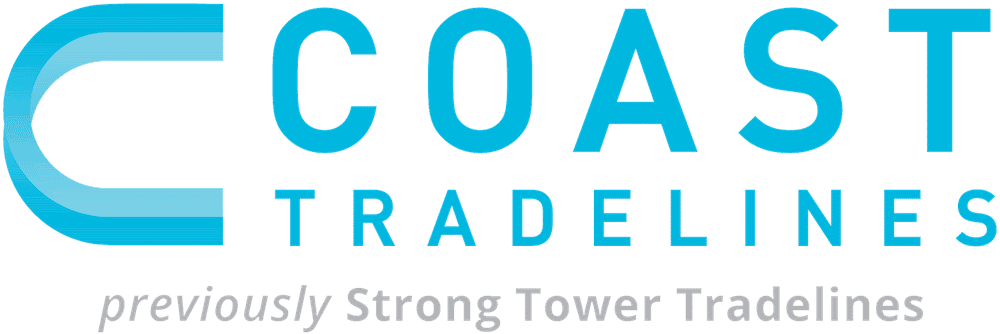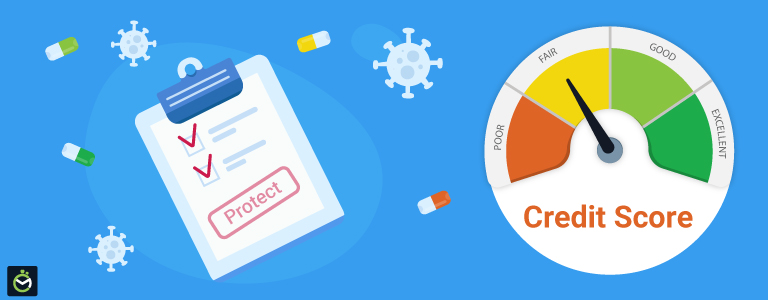The pandemic upended personal and financial plans all across the globe. In America, the employment rate rose from a record low to a peak of around 15%. Some people lost thousands in the stock market and many business owners worry they might never reopen their doors again. With so much uncertainty, it is only natural that you begin to reconsider how you spend your money and manage your credit to better protect it.
1. Resist the Urge To Panic Buy
When you go weeks or even months without seeing some basic items on the store shelves, you might feel tempted to panic buy whatever you can. However, panic buying can cost you to burn through more money than you can afford to spend. This might cause you to max out credit cards and potentially still lose much of what you bought to spoilage.
2. Restructure Your Debt
Interest rates are extremely low all across America, so now is a good time to refinance your car loan or mortgage. Re-extending your loan to the original payment period can also reduce payments. If you have other types of debt, pay off the smaller ones that you can and seek opportunities to consolidate the rest. Do this before your credit takes any hits.
3. Negotiate With Creditors
There are several creditors who might feel willing to consider repayment plans or paused payments. This includes not just credit card companies and federal student loan lenders, but even your landlord, utility companies, and the mortgage holder. Reach out to them as soon as you have a change in income. Note that the payments are usually still due at a later date.
4. Build Emergency Fund
Many people focus on managing debt at the risk of losing too much money. Paying off debt early is a noble decision, but in a recession, you also need cold, hard cash. Without this cash, you will only become reliant on the need for even more debt. Review your budget carefully and set aside some money for emergencies.
5. Pause Retirement Plans
If you have been making big contributions to your retirement fund, this is a good time to put that on hold. Cash in the future is important, but cash in the present is even more crucial. If you haven’t been able to find any money to set aside for your emergency fund, use your retirement contributions. You can always re-allocate this money if you never end up using it. If you were planning on retiring soon, consider staying in the workforce for a while longer.
6. Reduce Optional Expenses
Another great way to set money aside for your emergency fund is to trim the fat in your budget. Most people are spending less time at restaurants, movie theaters, concerts, and other forms of entertainment. There are many other optional expenses you might reconsider, such as subscriptions or gym memberships. Some companies will pause these for you, so be sure to ask.
7. Start a Side Hustle
With so many established businesses failing in the COVID-19 economy, you might wonder what good there is in starting a side hustle. However, there are still some essential services people need. Here are some good ideas in your community:
- Grocery shopping for the elderly and disabled to reduce their exposure
- Landscaping for neighbors who now spend more time in their own yards
- Selling items in your home that you haven’t been using
- Finding online freelance work, such as writing and graphic design
8. Seek Out Government Benefits
There were several government programs businesses could benefit from, such as PPP loans, SBA grants, and SBA loans. Also, if you still have not received your stimulus check and believe you are eligible, follow up on this. Other government benefits to consider include Medicaid, disability, unemployment, food stamps, and subsidized housing.
9. Verify Information To Avoid Scams
More scams than ever are running rampant as criminals prey on desperate families around the world. Double-check every offer you are given by phone, email, or snail mail. Even if it looks like legitimate correspondence from your bank, double-check the source. Sometimes, simply sharing your findings with family and friends can help you gain some insights and honest opinions. As always, if something looks too good to be true, it probably is.
10. Find Affordable Insurance
Not having insurance during a pandemic is a huge financial risk. Seek health insurance options at work, from the government, and any other means necessary. Some insurance companies might also offer hospital benefits, telehealth, and other supplemental items you can purchase individually. It is also not a bad time to ensure your personal property and purchase life insurance. Unfortunately, none of these items represent a foolproof plan. If you miss payments, you might end up with derogatory remarks on your credit report. The good news is that using tradelines can help to extend your credit history and outnumber negative reports. Find out more about what Coast Tradelines can do for your credit. You can also give us a call at 619-363-1472.



